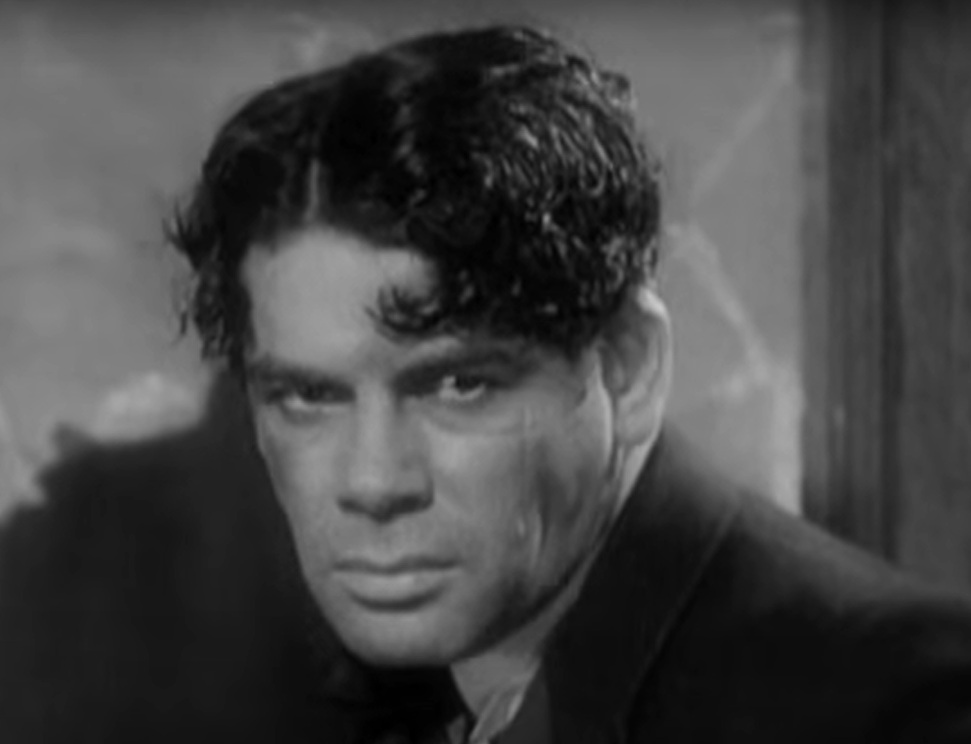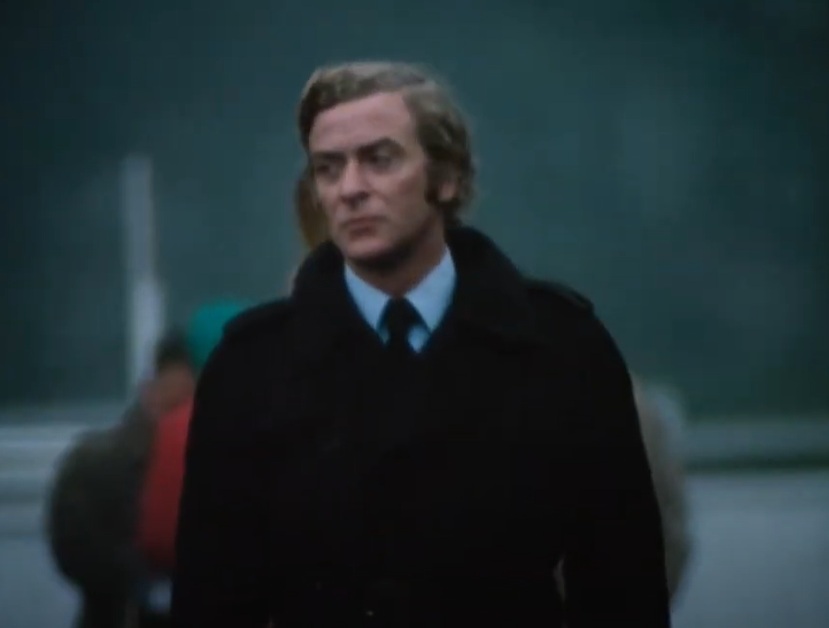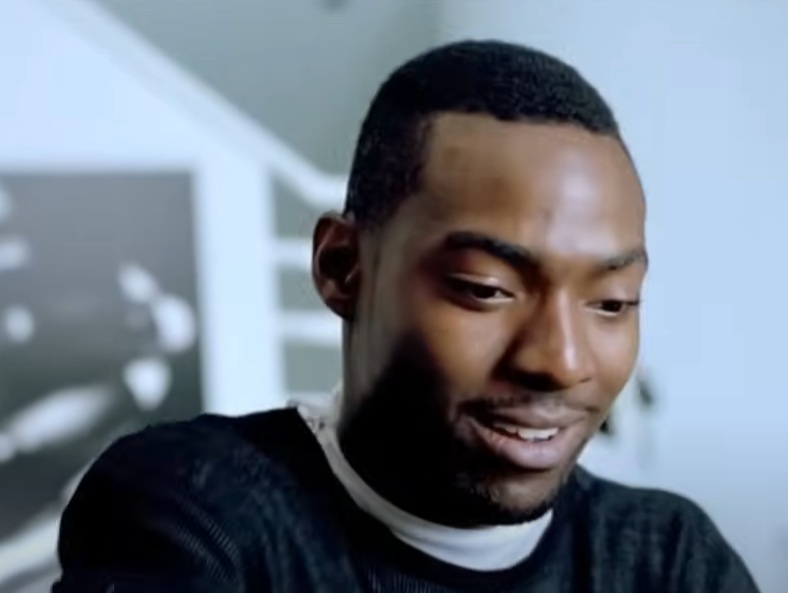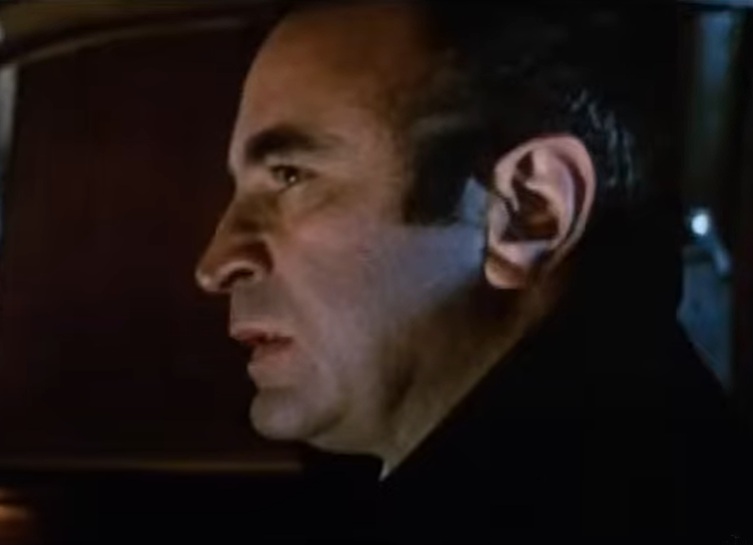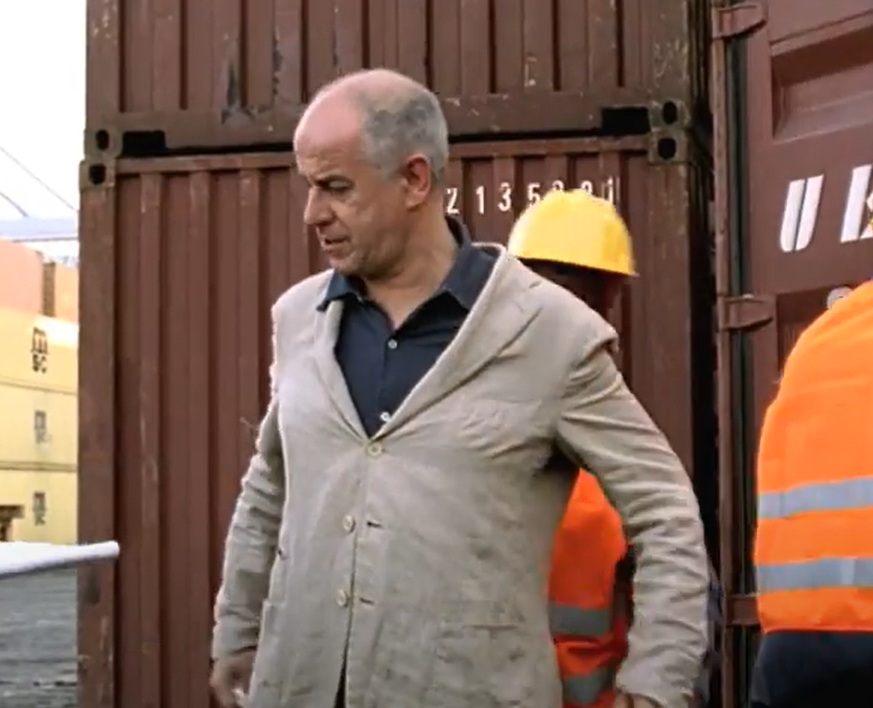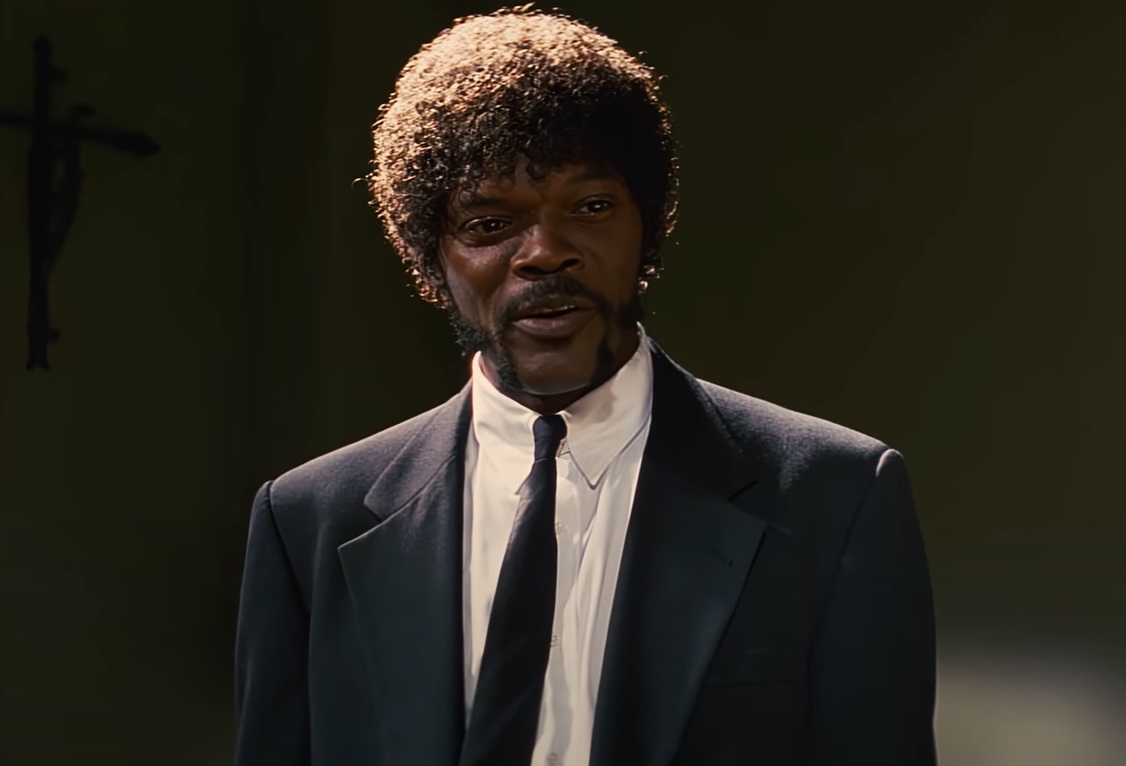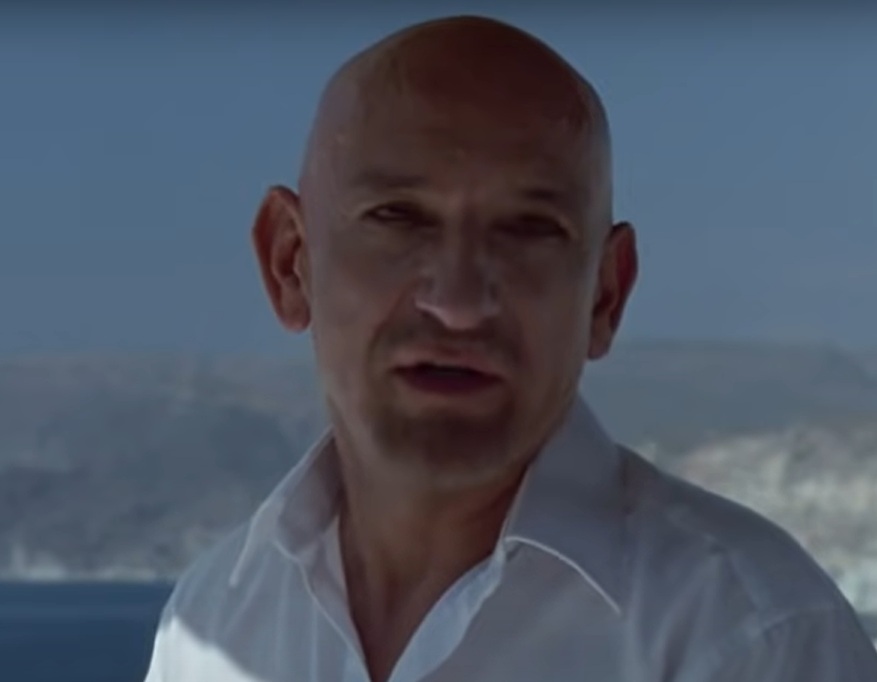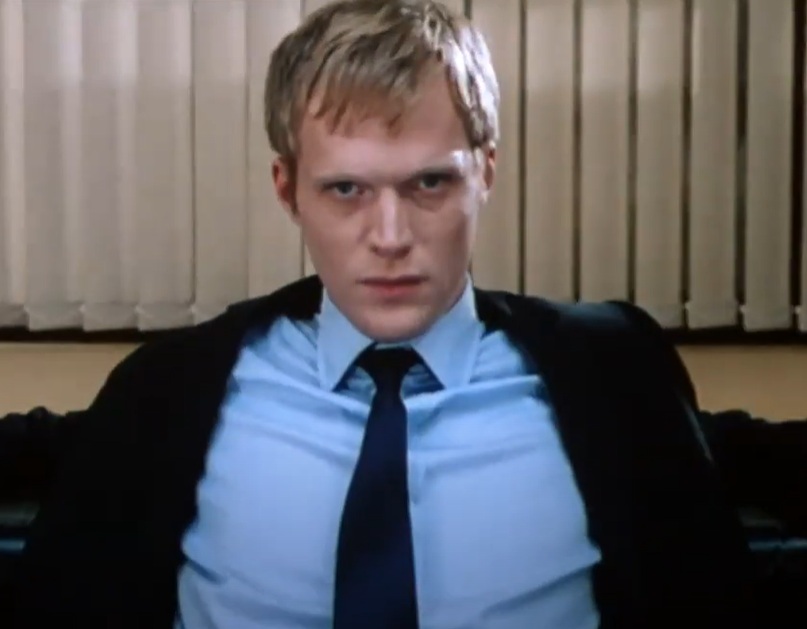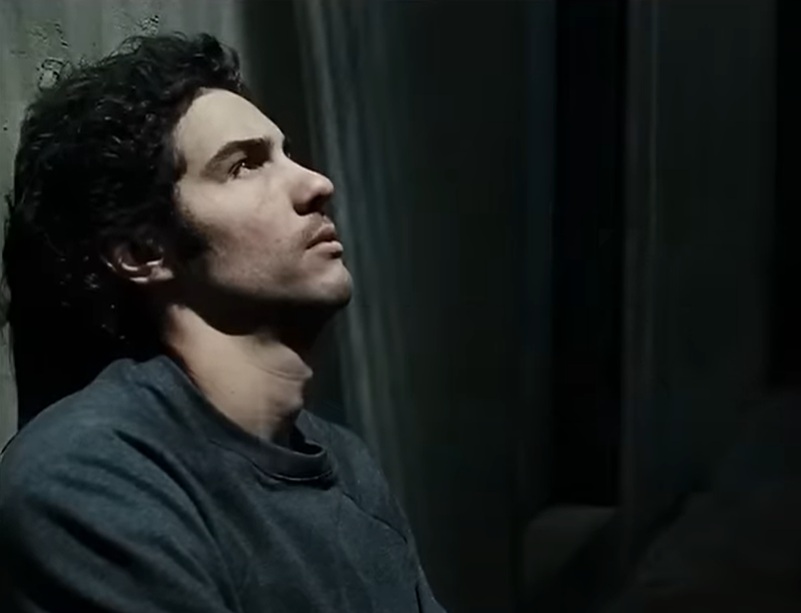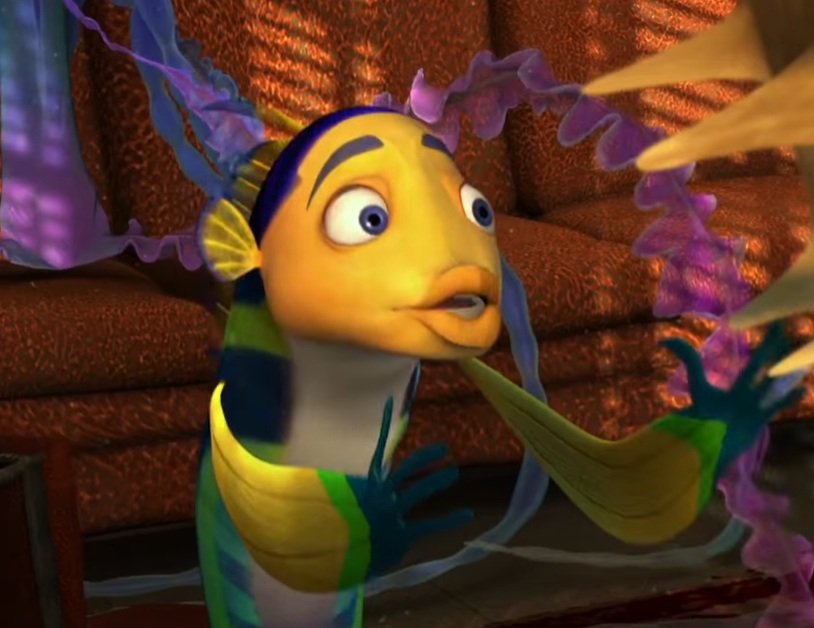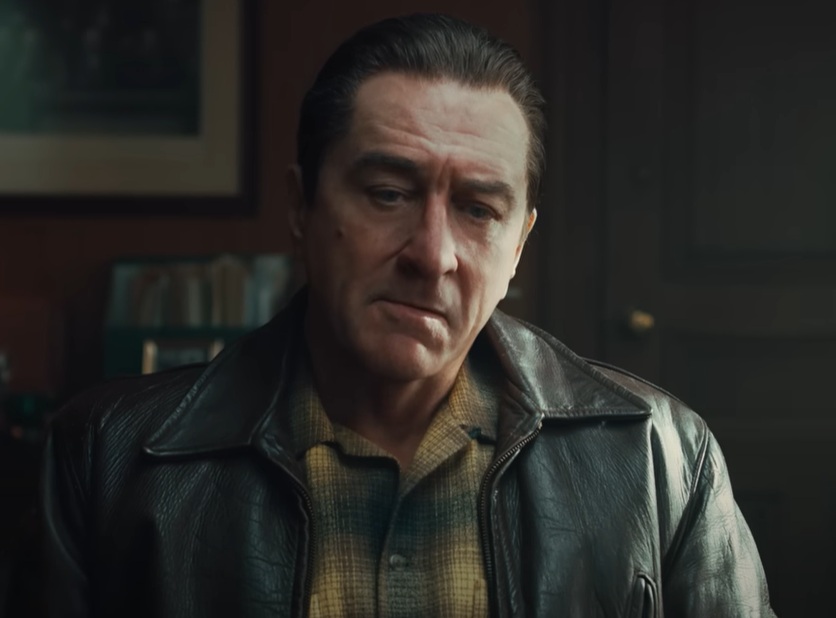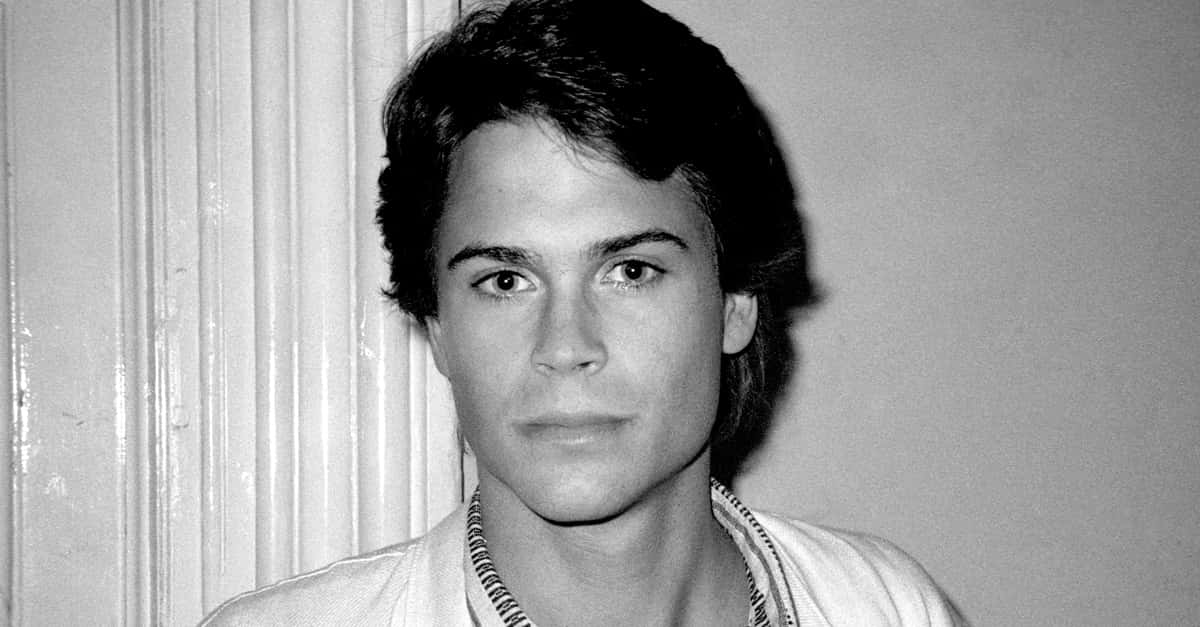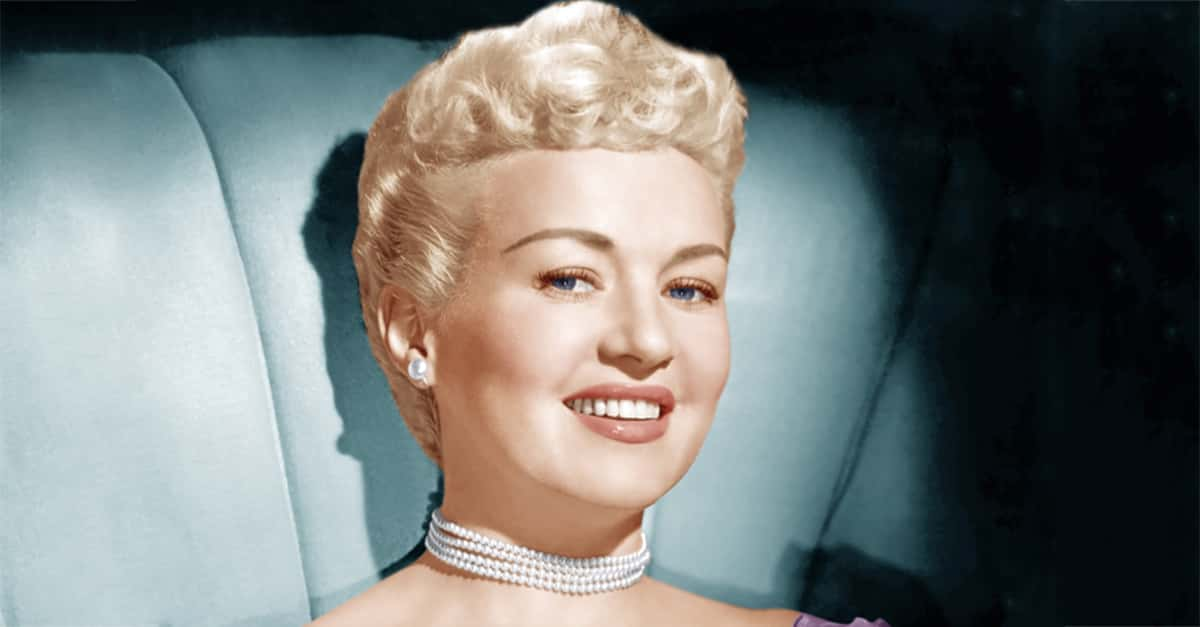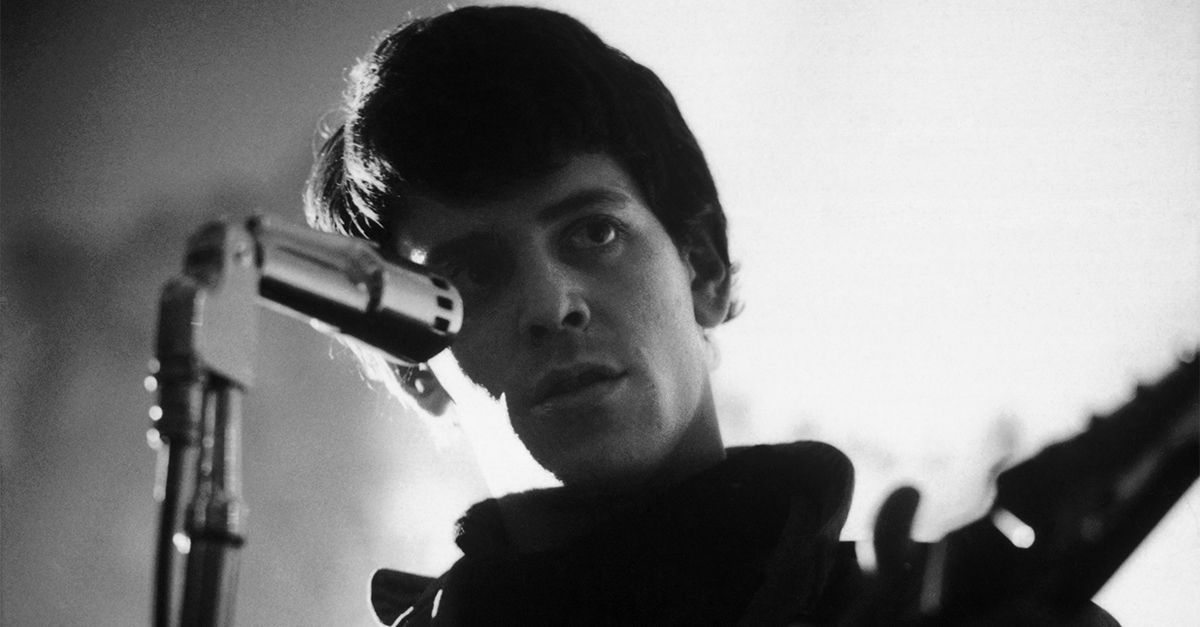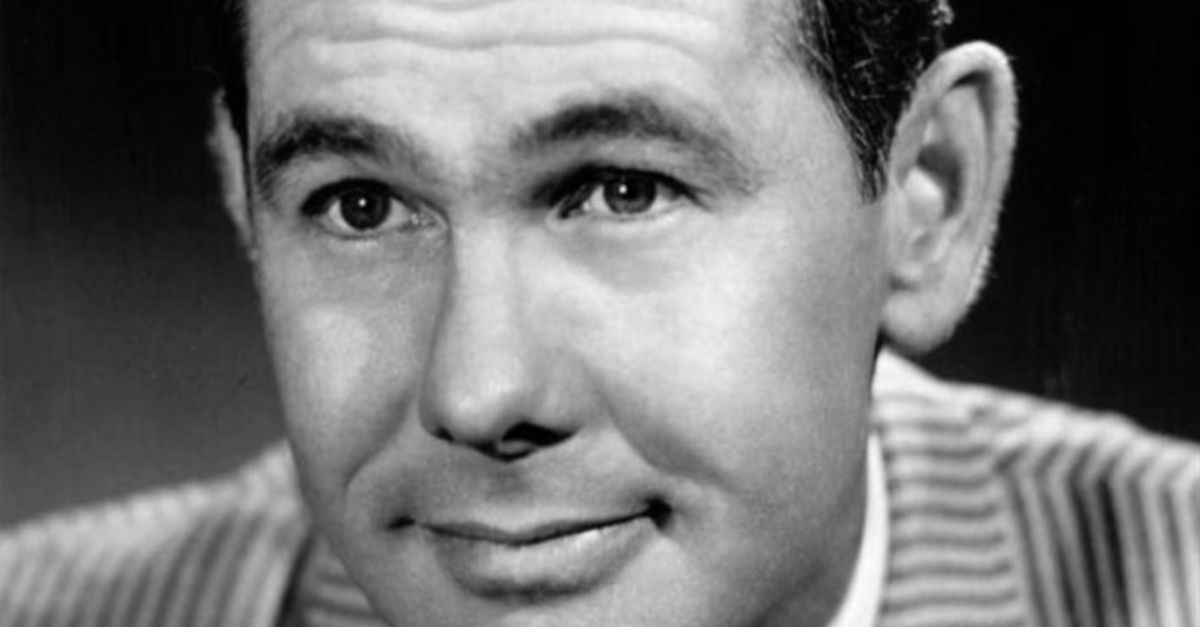Have You Seen These 40 Crime Classics?
The gangster genre dates all the way back to the silent era, and has seen constant reinventions since. Let’s check out all the films that charted the evolution of the genre.
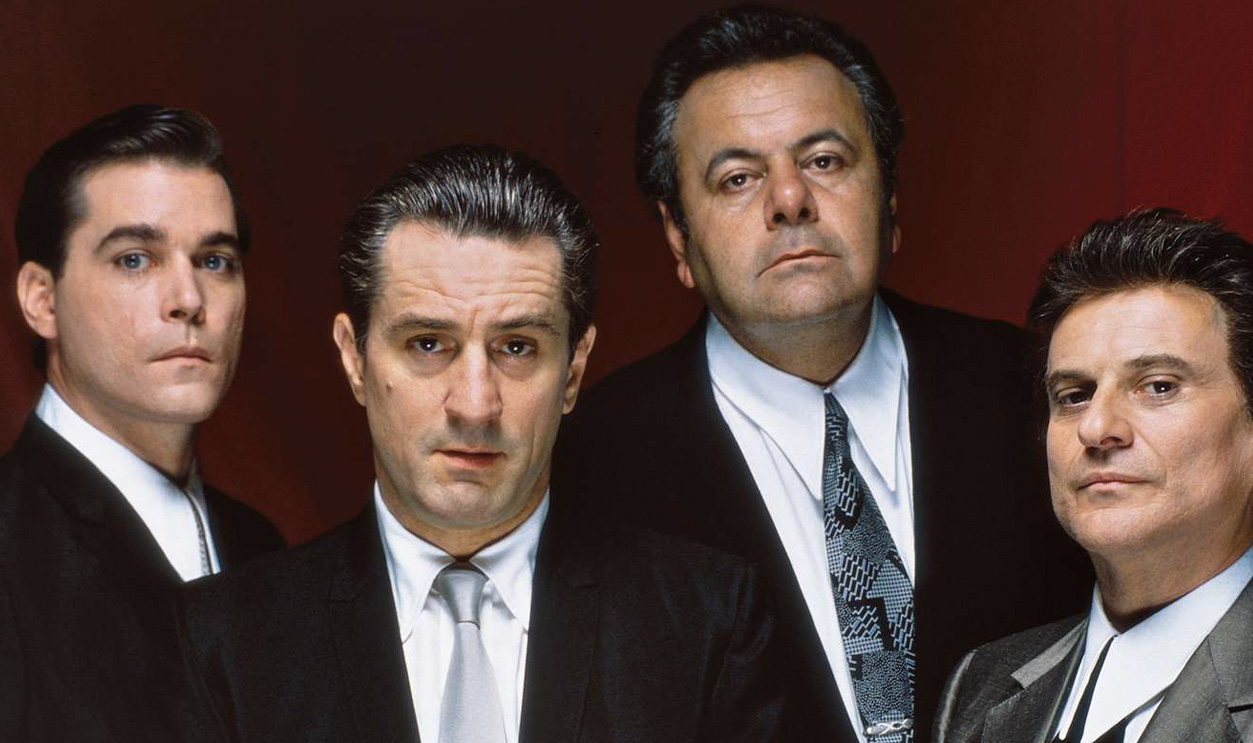
Scarface
Everyone knows the Al Pacino remake, but check out the 1932 original to see where it all started. It ranks amongst the most iconic films of legendary director Howard Hawks.
The Public Enemy
James Cagney shoving a grapefruit in someone’s face has been parodied repeatedly. Go back to this 1931 film to see it in action.
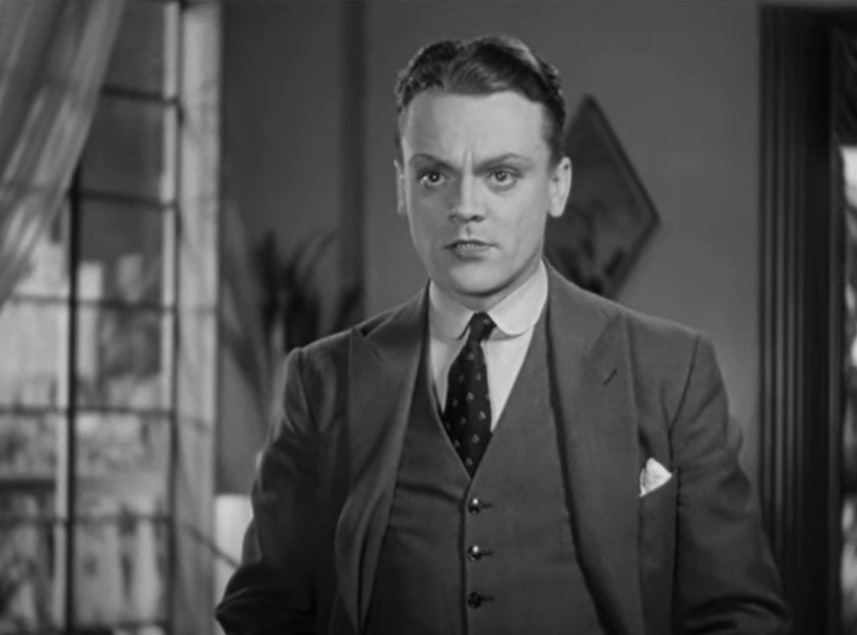 Warner Bros., The Public Enemy (1931)
Warner Bros., The Public Enemy (1931)
Dead End
There was a time before Casablanca when Humphrey Bogart commonly played villains. Look at this socially conscious 30s film for an example of that.
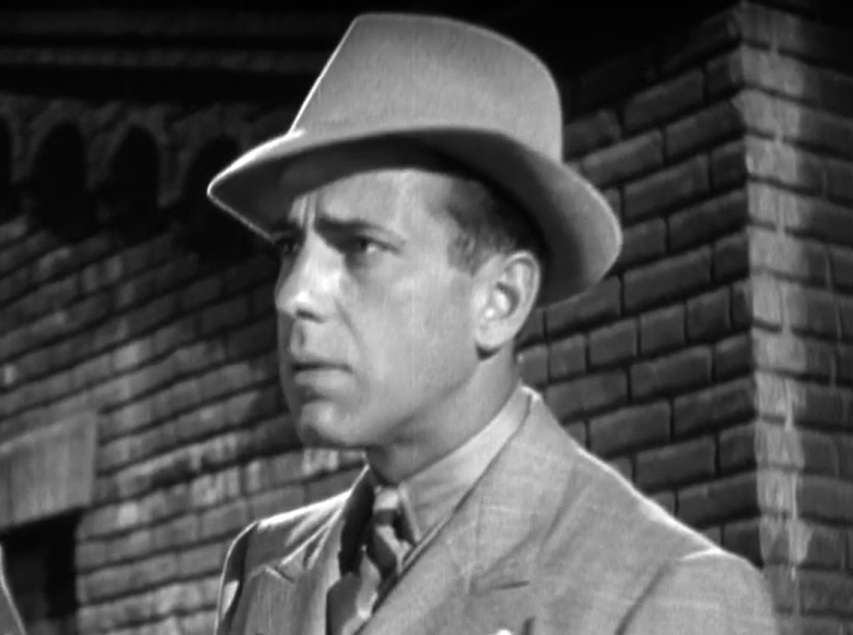 United Artists, Dead End (1937)
United Artists, Dead End (1937)
Get Carter
Michael Caine established himself as one of Britain’s biggest film stars with this 70s film. We don’t recommend checking out the Sylvester Stallone remake from 2000, though.
A Better Tomorrow
Hong Kong director John Woo pioneered the heroic bloodshed genre which brought onscreen gunplay to new heights. This 1986 classic shows all of that in action.
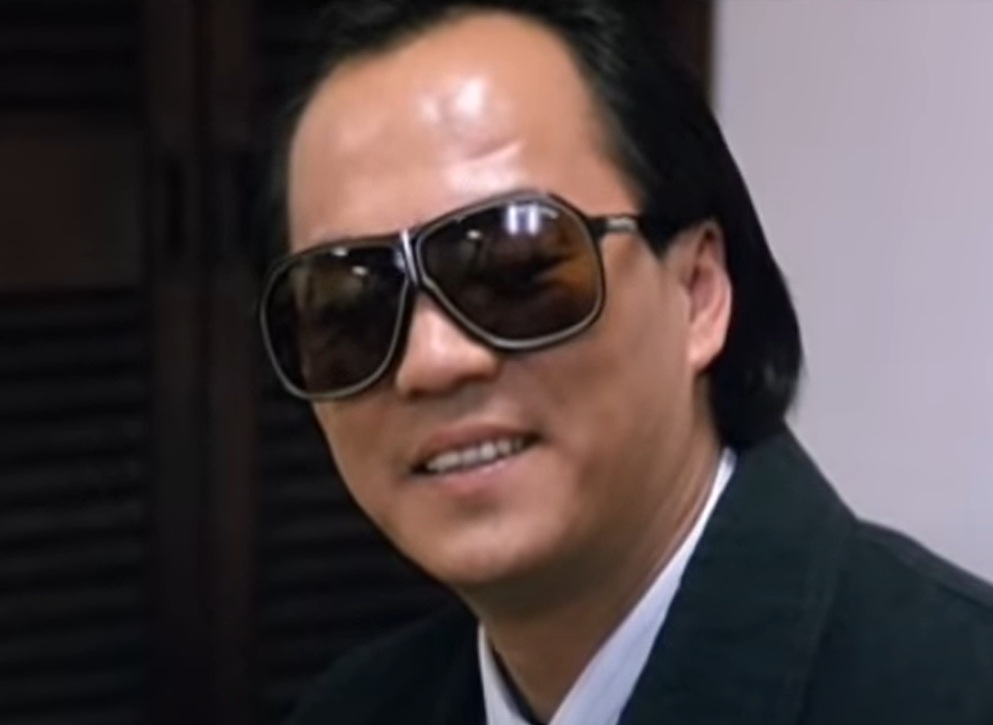 Cinema City, A Better Tomorrow (1986)
Cinema City, A Better Tomorrow (1986)
Election
Johnnie To is one of Hong Kong’s best directors—check out this 2005 triad film to see why. We also recommend the sequel which came out only a year later.
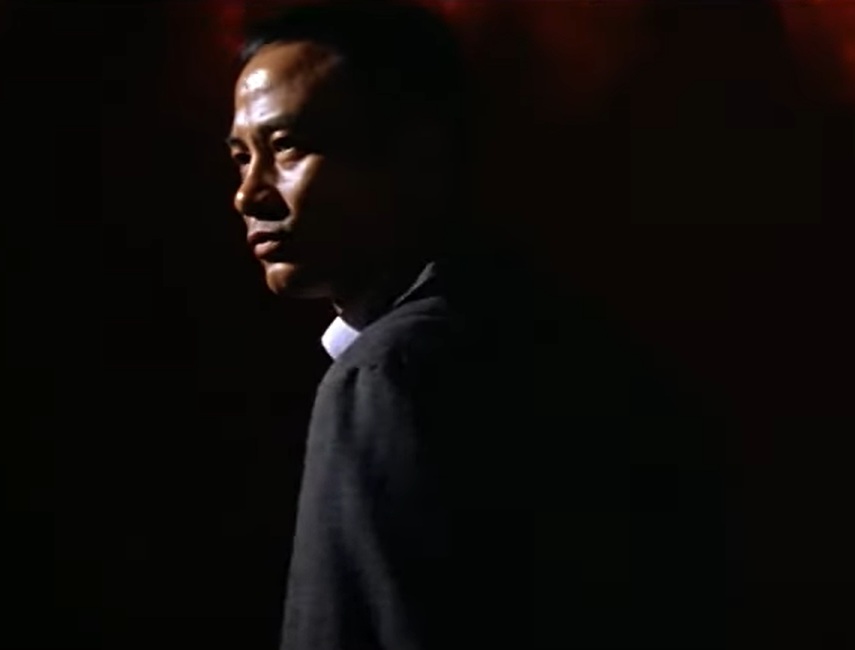 Milkyway Image, Election (2005)
Milkyway Image, Election (2005)
Le Cercle Rouge
French noir films distinguished themselves from their American counterparts with their use of dialogue-free stretches and stoic leads. This 1970 jewel is probably the best example of it.
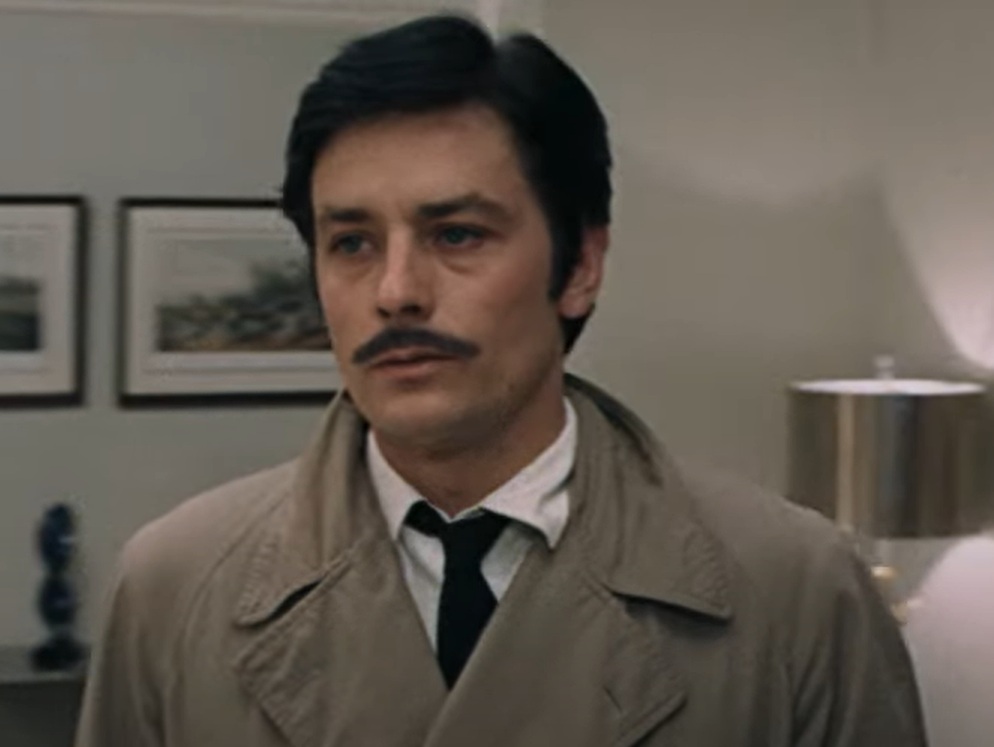 Comacico, Le Cercle Rouge (1970)
Comacico, Le Cercle Rouge (1970)
Casino
Martin Scorsese’s 1995 epic was initially deemed by critics to be not as good as its counterpart, Goodfellas. Time has been kind though, and now people cite it as one of the director’s finest achievements.
King Of New York
Director Abel Ferrara’s 1990 film presents a spin on the Robin Hood archetype with Christopher Walken as a “reformed” dealer who decides to redistribute the spoils of his empire to the downtrodden. A deeply disturbing moral tale with shocking brutality throughout.
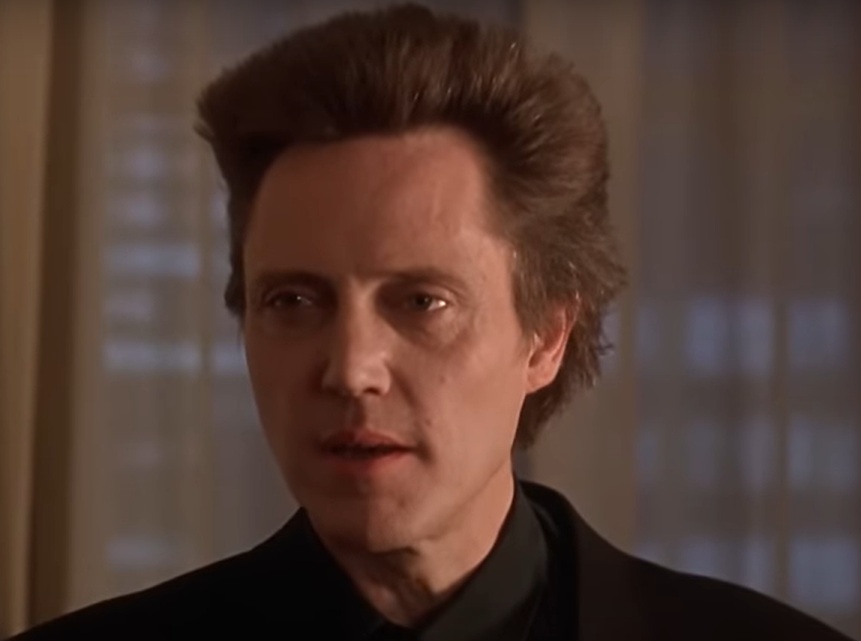 Reteitalia, King Of New York (1990)
Reteitalia, King Of New York (1990)
City Of God
This 2002 film reintroduced global audiences to Brazilian cinema with its flashy style which also set the template for a new kind of 21st-century kinetic cinema.
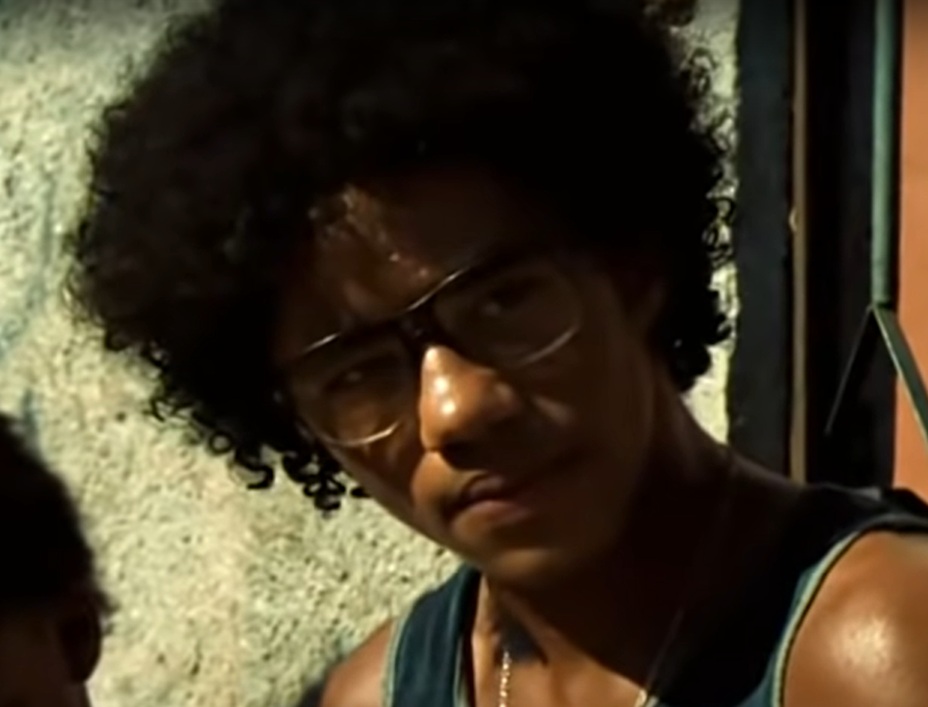 StudioCanal, City of God (2002)
StudioCanal, City of God (2002)
Tokyo Drifter
Seijun Suzuki was one of Japan’s greatest directors, often taking boilerplate material and making it as strange as possible. Tokyo Drifter may be his finest work.
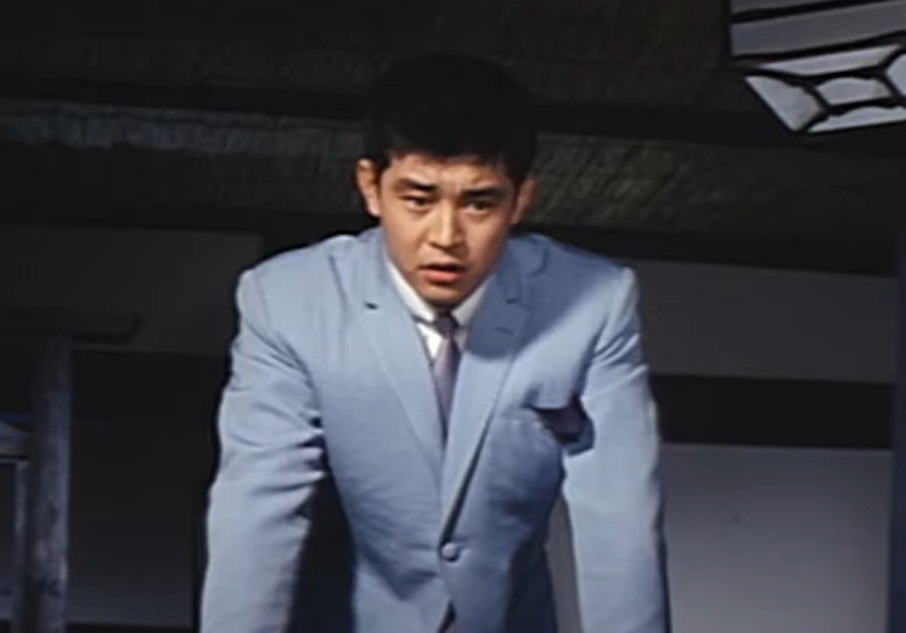 Nikkatsu. Tokyo Drifter (1966)
Nikkatsu. Tokyo Drifter (1966)
The Warriors
Who doesn’t love this stylized take on the gang film from the late 70s? Though make sure to avoid the director’s cut, which has cheesy comic-book inserts.
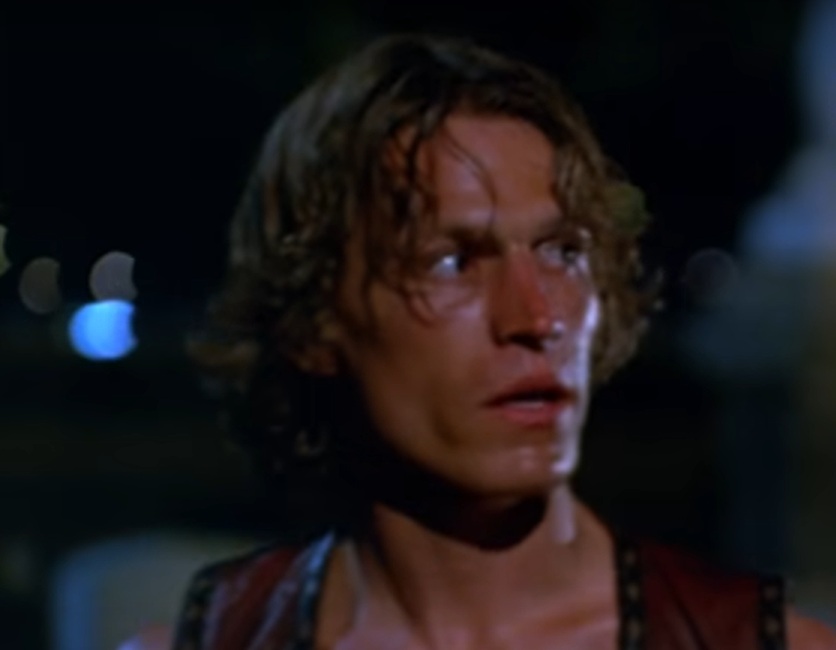 Paramount, The Warriors (1979)
Paramount, The Warriors (1979)
Belly
Music video director Hype Williams only got one shot at features to date, but he made sure it counted with this explosive hip-hop themed film starring rappers DMX and Nas.
The Departed
This 2006 remake got a little bit of a bad reputation after its Best Picture win at the Oscars, but revisit it and you’ll find crackerjack entertainment better than any other film from that year.
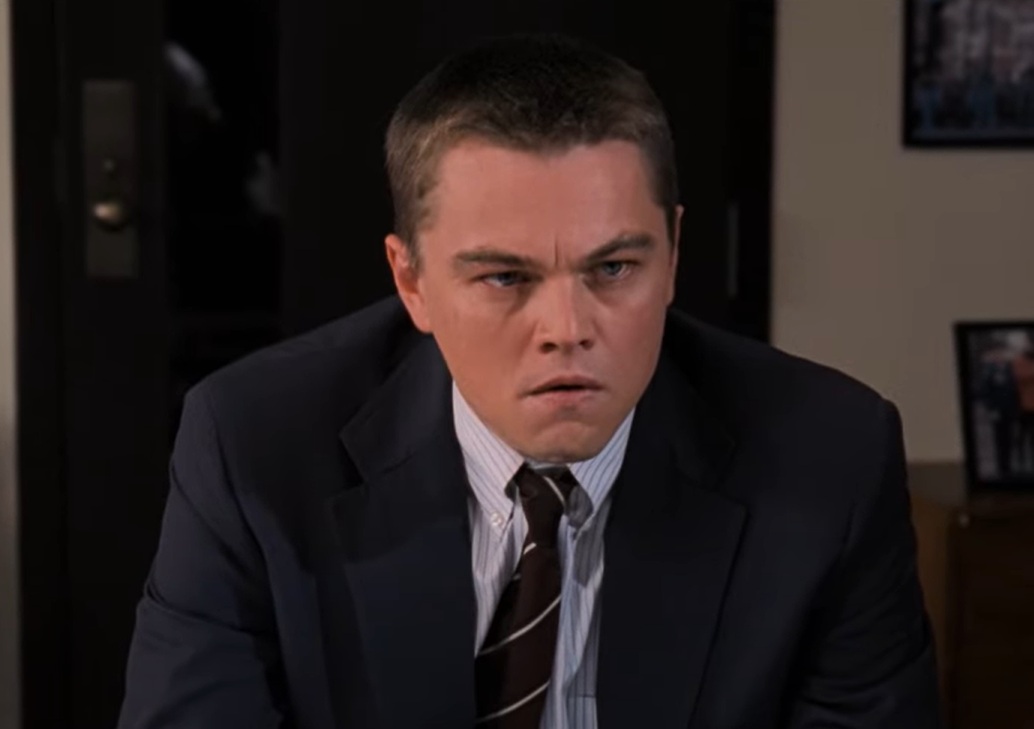 Warner Bros., The Departed (2006)
Warner Bros., The Departed (2006)
The Untouchables
One of director Brian De Palma’s biggest box-office successes was this 1987 television remake, which pitched the Chicago feds against Al Capone. Multiple set pieces have ingrained themselves within film history.
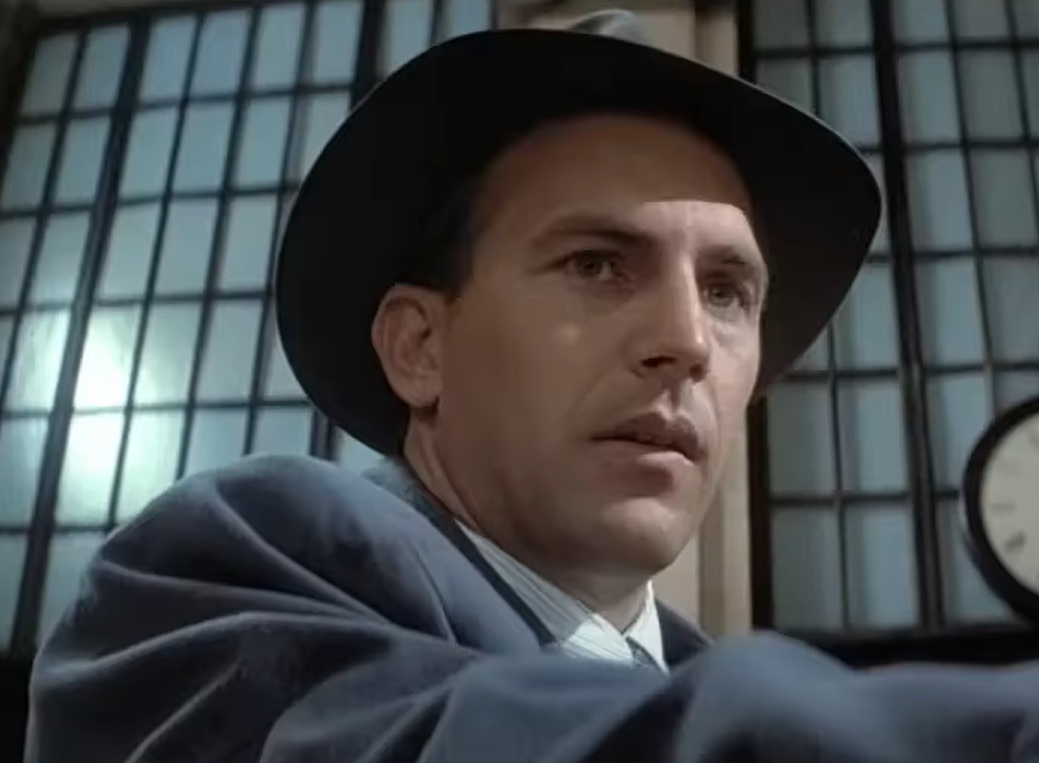 Paramount, The Untouchables (1987)
Paramount, The Untouchables (1987)
Mona Lisa
This shocking dark drama from director Neil Jordan was one of actor Bob Hoskins’ greatest performances. Look out for Michael Caine in an excellent and sinister supporting turn as well.
The Long Good Friday
One of multiple British Bob Hoskins-starring films on this list is this explosive 1980 picture, which boasts an outstanding cast as well as a distinctive musical score.
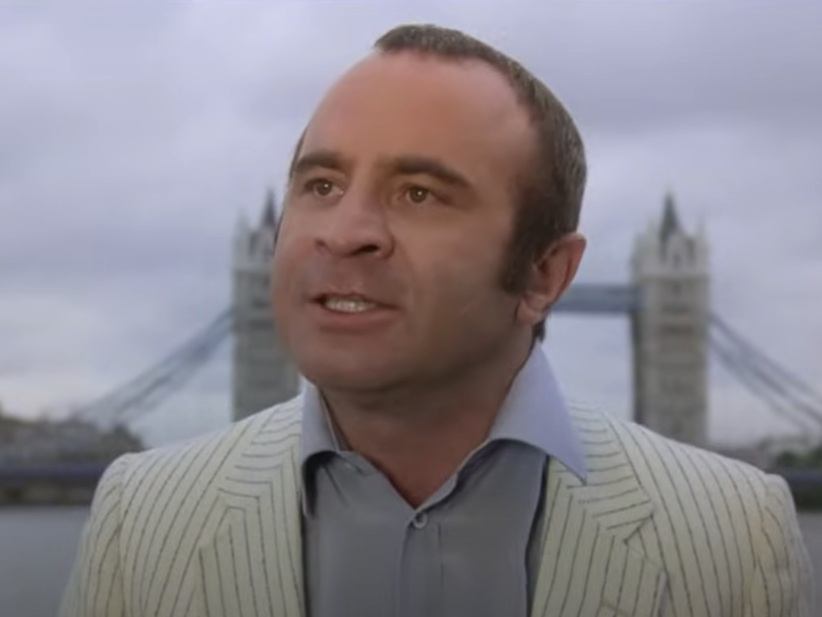 Black Lion, The Long Good Friday (1980)
Black Lion, The Long Good Friday (1980)
A History Of Violence
Director David Cronenberg saw his biggest mainstream crossover since The Fly with this dramatic film which expertly mixes bizarre comedy, gruesome sequences, and deep moral questions. Lead Viggo Mortensen was strangely snubbed for an Academy Award nomination that year.
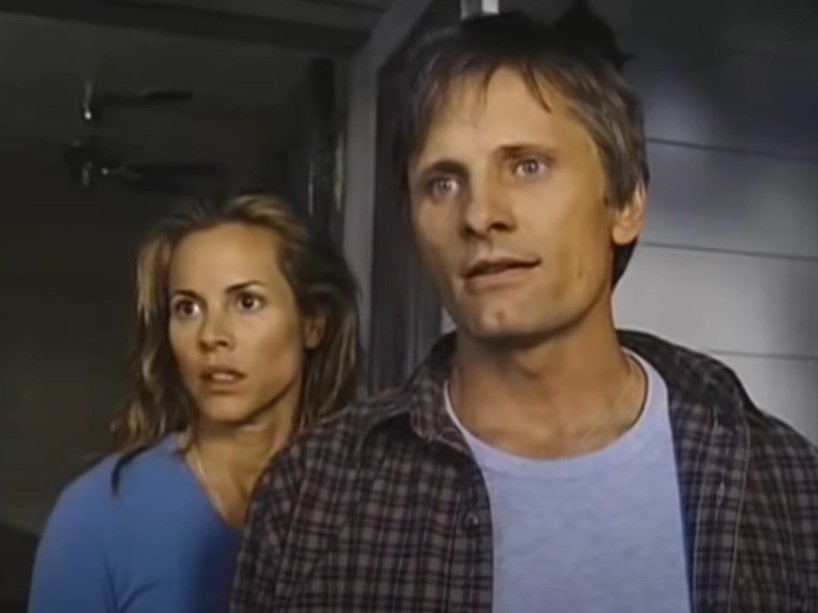 New Line Cinema, A History of Violence (2005)
New Line Cinema, A History of Violence (2005)
Eastern Promises
David Cronenberg traveled to London to make his follow-up to A History Of Violence, which infiltrated the city’s Russian mob. Look out for an iconic bathhouse fight scene which is maybe the director’s greatest set-piece.
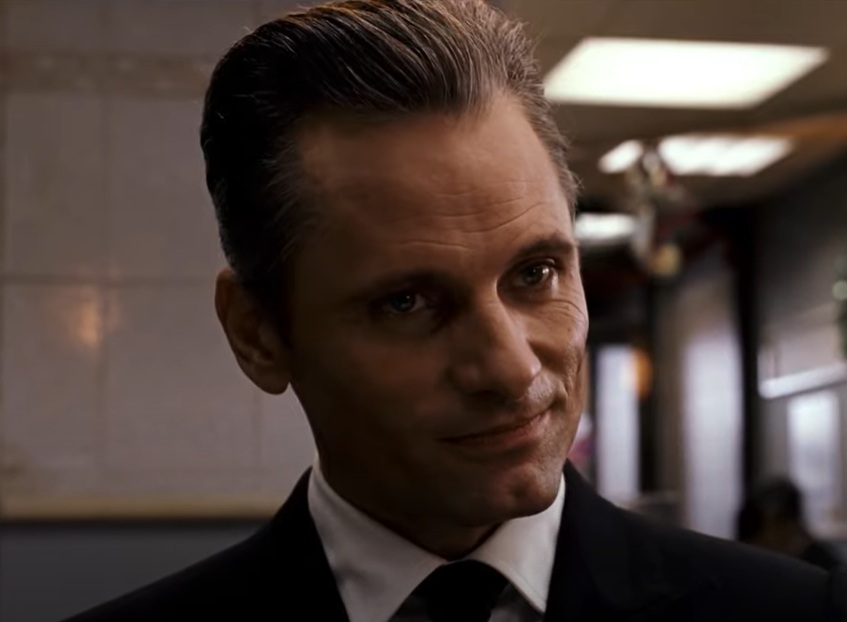 Focus Features, Eastern Promises (2007)
Focus Features, Eastern Promises (2007)
Le Doulos
Director Jean-Pierre Melville defined French cool with this early 60s crime drama, which is the exact kind of great European film resurrected by the Criterion Collection.
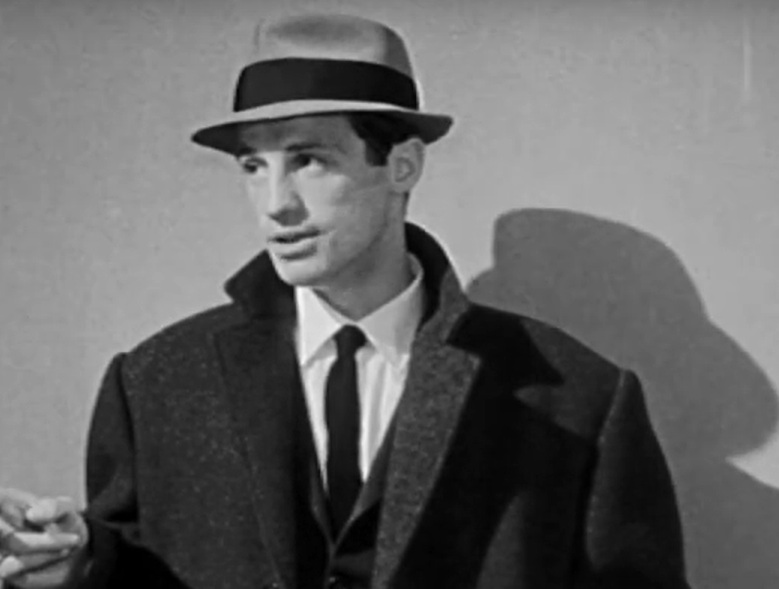 Rome-Paris Film, Le Doulos (1962)
Rome-Paris Film, Le Doulos (1962)
Gomorrah
This Academy Award-nominated Italian crime drama reintroduced the genre to that country’s national cinema, as well as launching a successful television spin-off of the same name.
Pulp Fiction
One of the most iconic movies of all time, Quentin Tarantino’s 1994 film still holds up to this day, despite how copied it’s been since by lesser filmmakers.
Sexy Beast
Ben Kingsley received an Oscar nomination for his supporting turn in this stylish heist drama from director Jonathan Glazer, who went on to make Under The Skin and The Zone Of Interest.
Miller’s Crossing
One of the Coen Brothers’ finest achievements is this 1990 drama, which features stunning cinematography from future Addams Family and Men In Black director Barry Sonnenfeld.
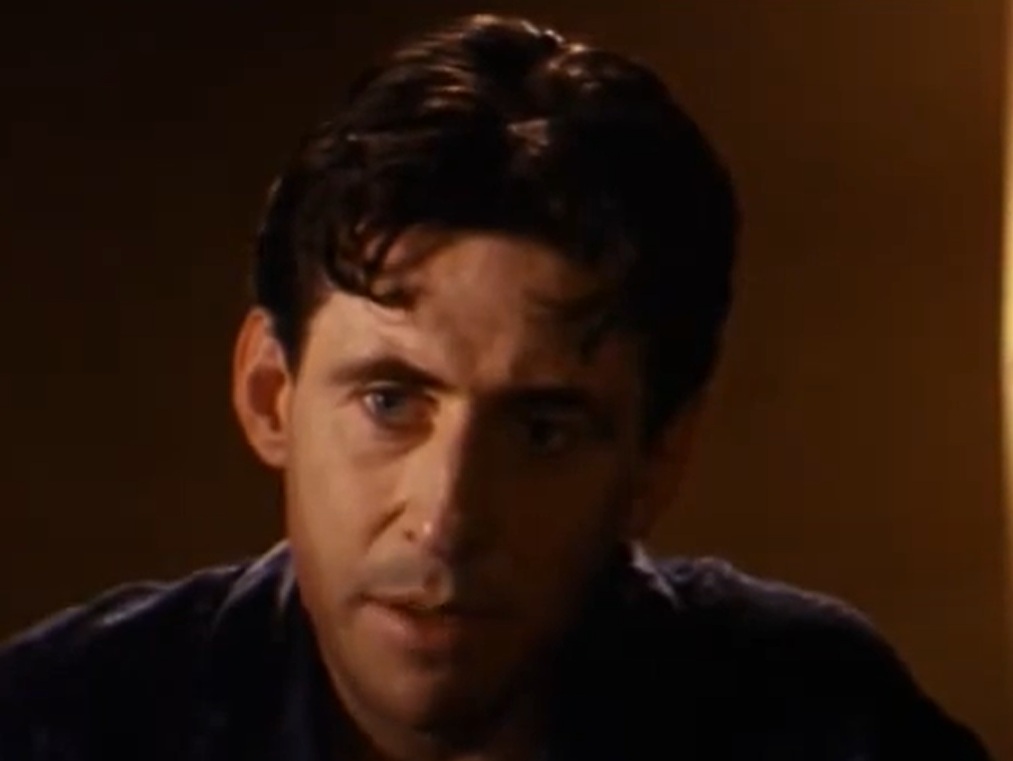 Twentieth Century, Miller's Crossing (1990)
Twentieth Century, Miller's Crossing (1990)
Once Upon A Time In America
Initially butchered by the American studio when it saw release in the mid-80s, Sergio Leone’s epic drama has since seen its full director’s cut made widely available, which many critics consider one of the best films ever made.
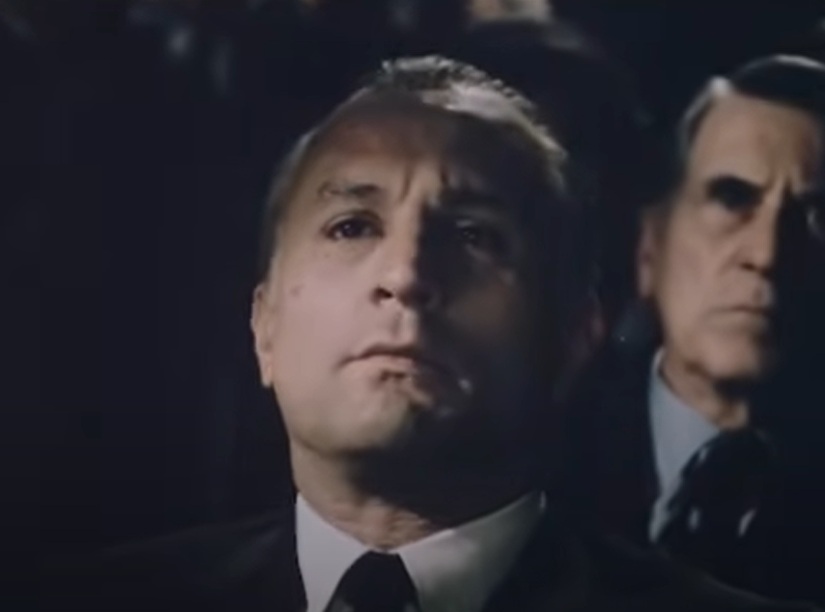 Warner Bros., Once Upon a Time in America (1984)
Warner Bros., Once Upon a Time in America (1984)
We Own The Night
James Gray’s underrated 2007 film reunited the stars of his previous film The Yards, Mark Wahlberg and Joaquin Phoenix, for a very classically told tragedy. Few crime films have this depth of feeling.
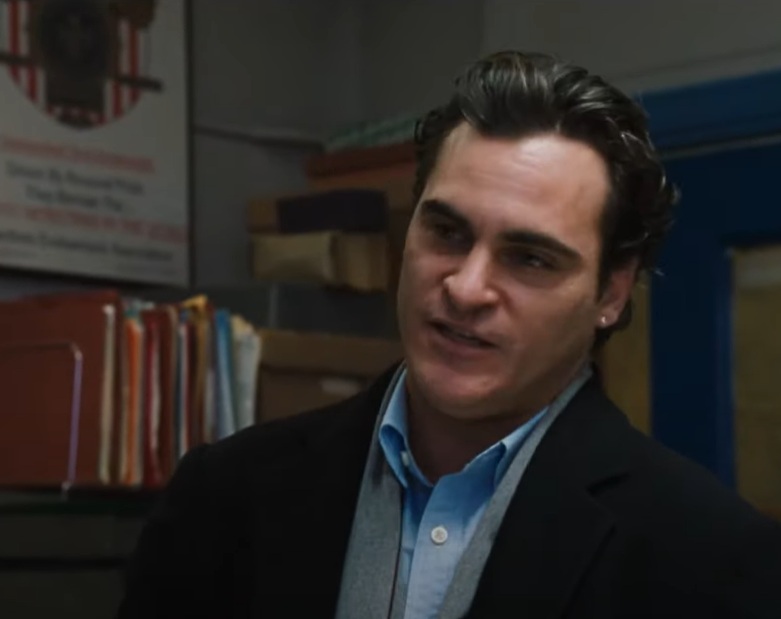 Columbia, We Own the Night (2007)
Columbia, We Own the Night (2007)
The Godfather
Can you make a list of the best gangster movies without including this 1972 masterpiece, which basically elevated the entire genre to high art? We didn’t think so.
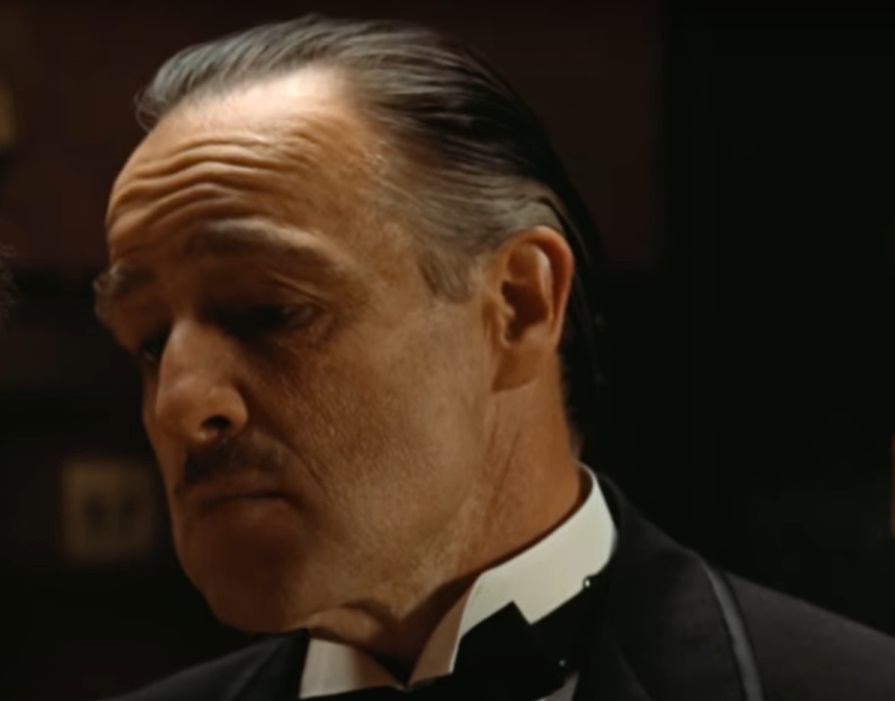 Paramount, The Godfather (1972)
Paramount, The Godfather (1972)
The Godfather Part II
People to this day still debate whether they like The Godfather or The Godfather Part II better. The sequel, between its epic scope and tragic ending, certainly makes a strong case for itself.
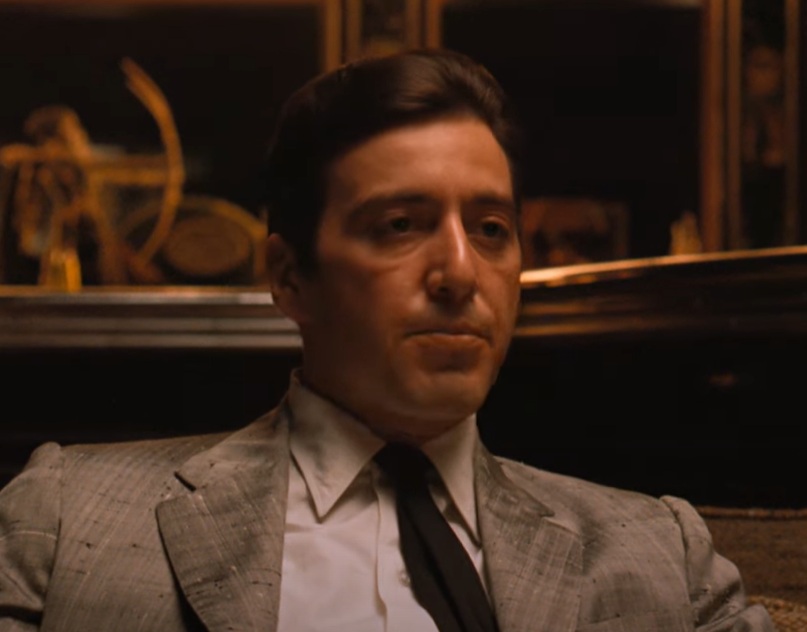 Paramount, The Godfather Part II (1974)
Paramount, The Godfather Part II (1974)
Mean Streets
Martin Scorsese’s first drama concerning the underworld blew audiences away in 1973. To date, it may be his definitive statement on the theme of Catholic guilt, as well as a stunning showcase for a young Robert De Niro.
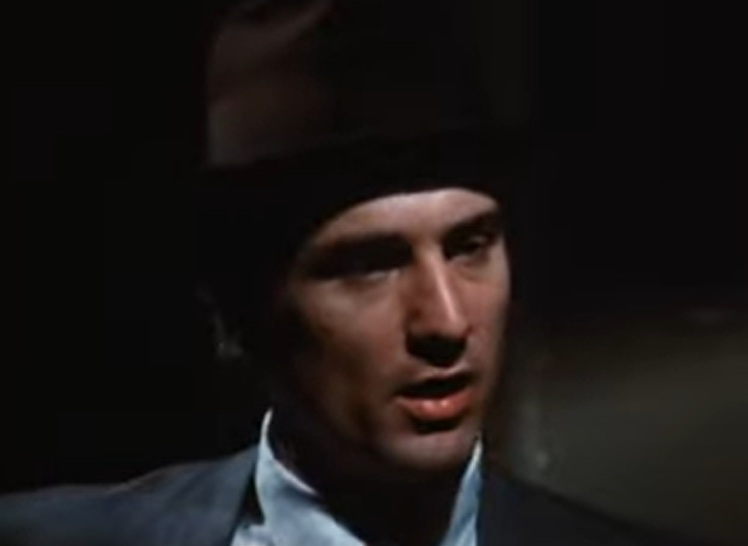 Warner Bros., Mean Streets (1973)
Warner Bros., Mean Streets (1973)
Goodfellas
One of the most endlessly watchable movies imaginable is Martin Scorsese’s 1990 crime film, which perhaps evidences the director’s trademark energetic style at its zenith.
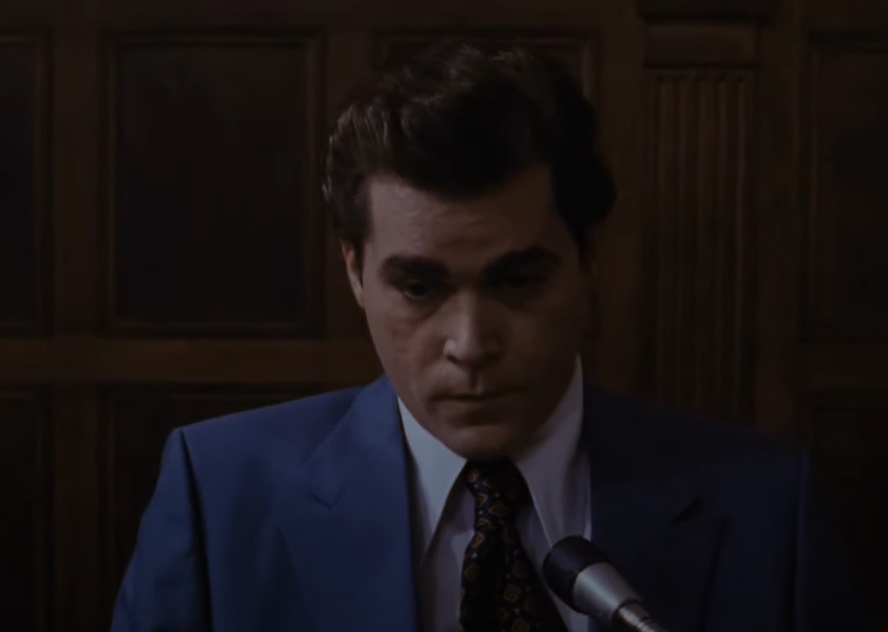 Warner Bros., Goodfellas (1990)
Warner Bros., Goodfellas (1990)
Gangster No 1
An early showcase for British thespian Paul Bettany was this 2000 drama, which pitted the young actor against the more seasoned Malcolm McDowell.
A Brighter Summer Day
An offbeat pick is this four-hour epic from Taiwanese master Edward Yang, which showcases the young street gangs of 60s Taipei in detail. Prime material to stream on the Criterion Channel.
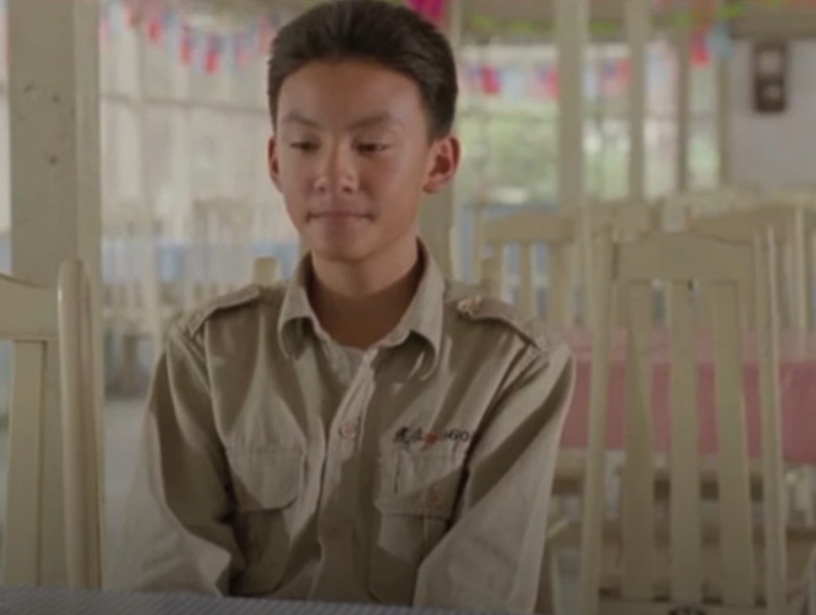 Yang & His Gang Filmmakers, A Brighter Summer Day (1991)
Yang & His Gang Filmmakers, A Brighter Summer Day (1991)
A Prophet
This French incarceration drama blew many minds when it debuted at the 2009 Cannes Film Festival. An American remake keeps being threatened but thankfully, it still hasn’t happened.
White Heat
Top of the world, ma! Watch this James Cagney gangster classic and you’ll get at least a couple of references from The Simpsons.
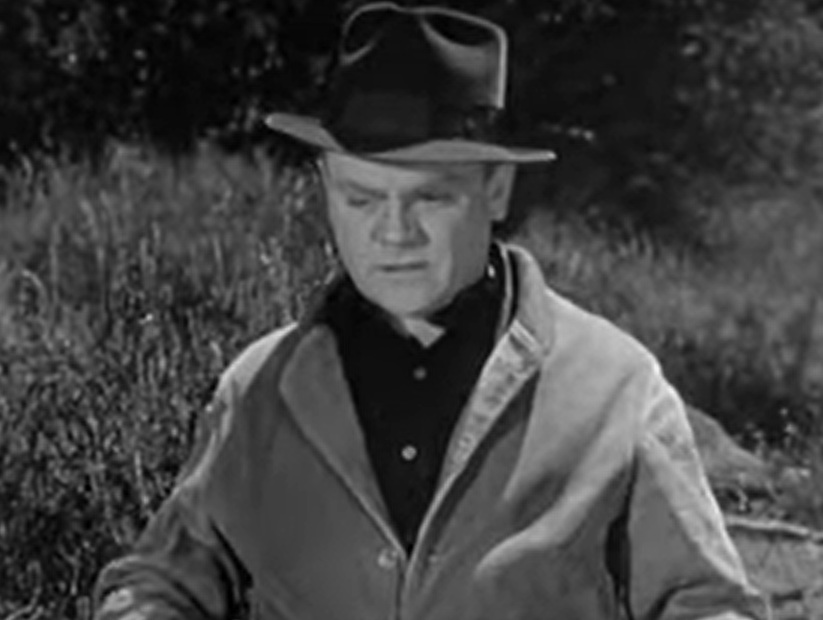 Warner Bros., White Heat (1949)
Warner Bros., White Heat (1949)
Carlito’s Way
Possibly Brian De Palma’s greatest film was this reunion with Al Pacino, which offered a more emotional counterpart to the excess of their 1983 collaboration Scarface. The ending is bound to choke you up.
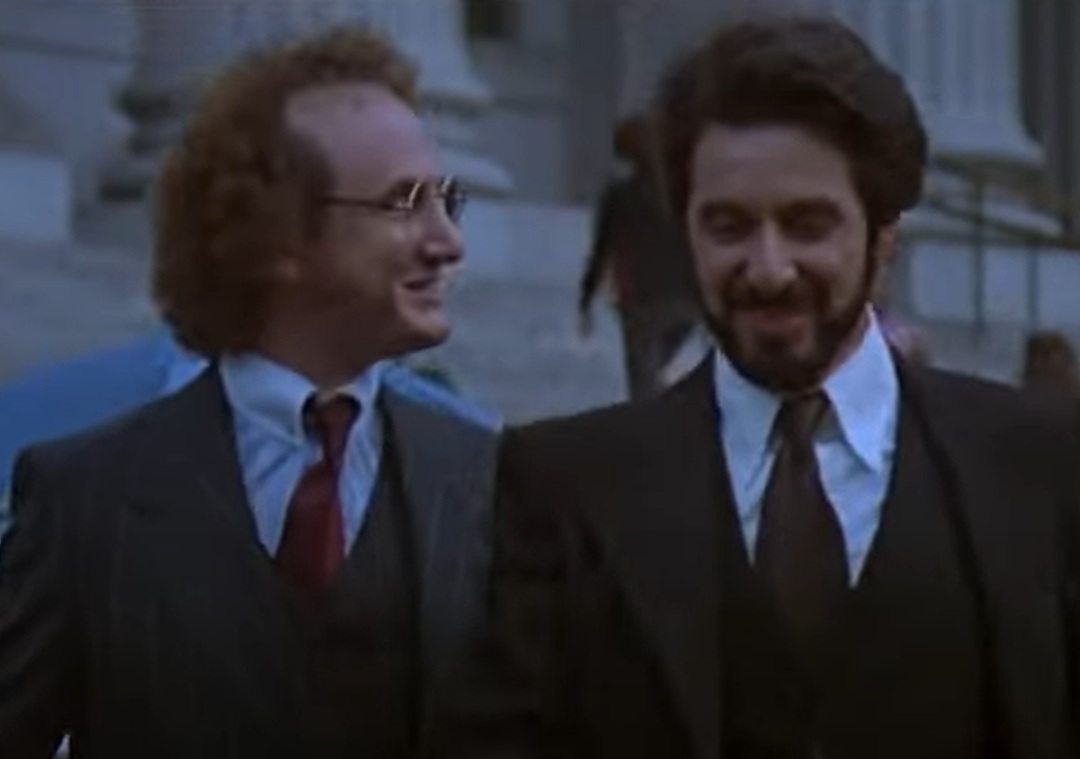 Universal, Carlito's Way (1993)
Universal, Carlito's Way (1993)
Mikey And Nicky
A gem from the 70s that’s recently been rediscovered and reevaluated is director Elaine May’s tense dramatic comedy, which depicts two men squabbling over the course of a night while one is evading a mob hit.
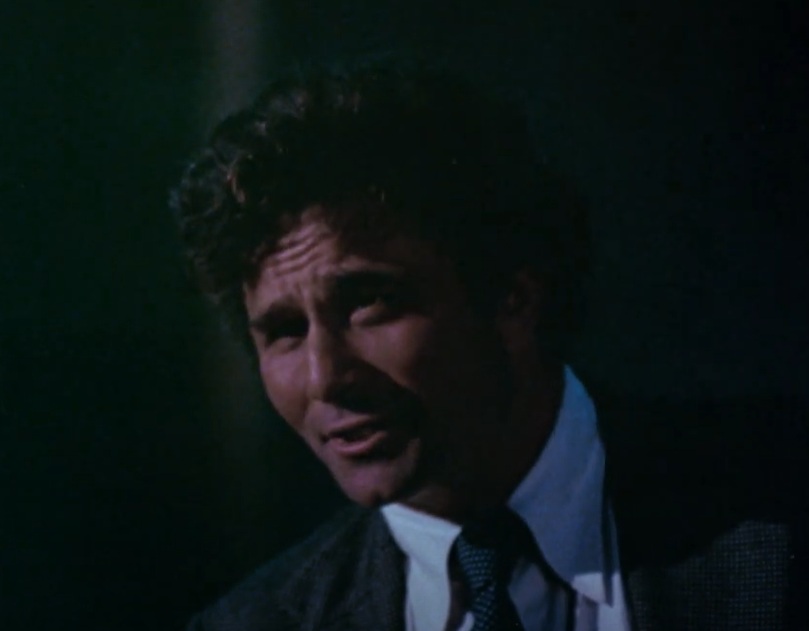 Paramount, Mikey and Nicky (1976)
Paramount, Mikey and Nicky (1976)
Who Framed Roger Rabbit?
It was surprising that a partially animated film could reinvent the noir drama, but director Robert Zemeckis certainly had a lot up his sleeve with this groundbreaking late-80s blockbuster.
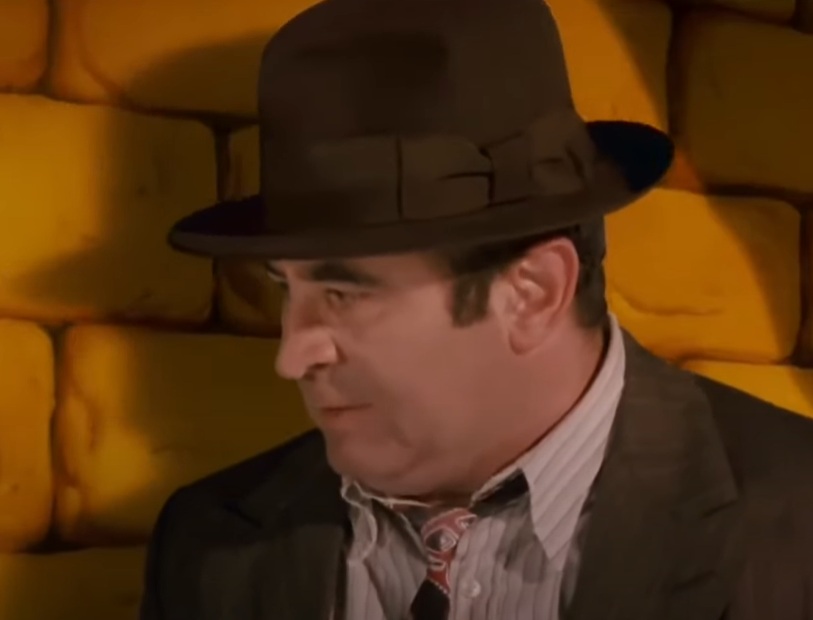 Touchstone, Who Framed Roger Rabbit (1988)
Touchstone, Who Framed Roger Rabbit (1988)
Shark Tale
What was the first film to reunite Robert De Niro and Martin Scorsese after 1995’s Casino? None other than this animated parody of the mob movie genre.
Road To Perdition
Cinematographer Conrad L Hall won a posthumous Oscar for this stunningly shot 2002 drama based on the graphic novel of the same name.
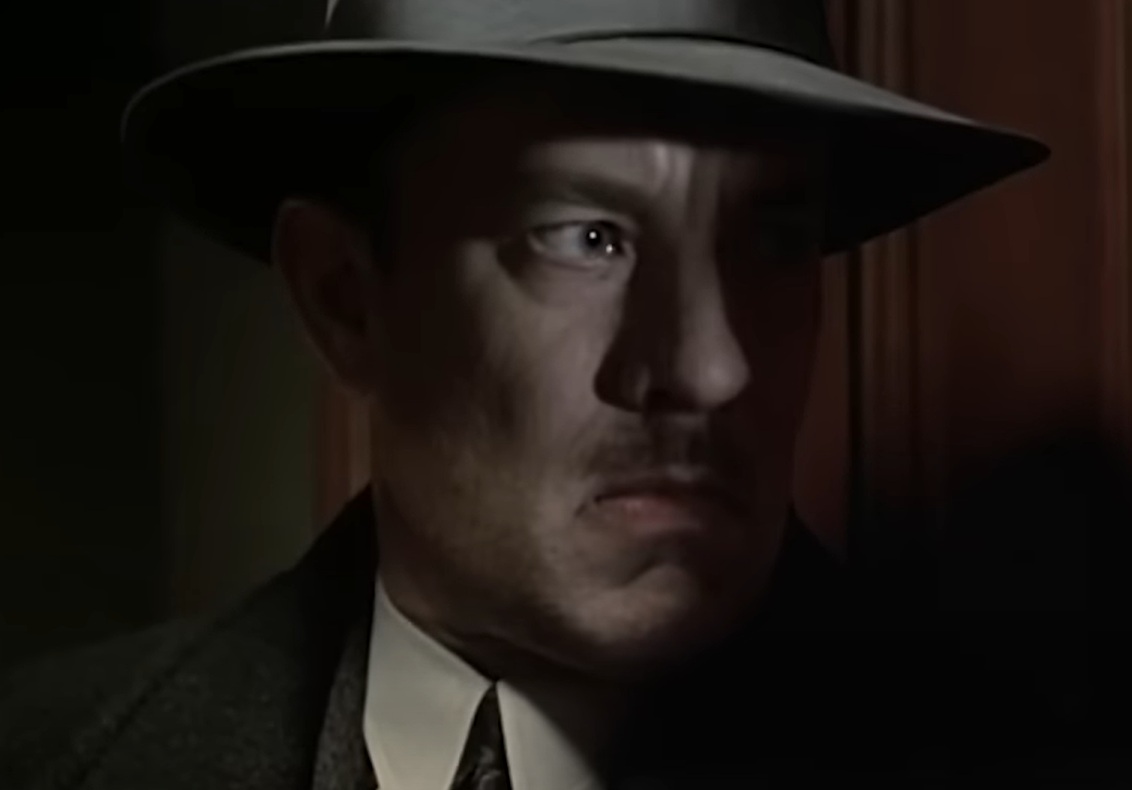 Twentieth Century, Road to Perdition (2002)
Twentieth Century, Road to Perdition (2002)
The Irishman
Martin Scorsese’s 2019 epic received a lot of publicity for its de-aging gimmick, which used extensive visual effects to make stars Robert De Niro, Al Pacino, and Joe Pesci appear younger. Some people also questioned the lack of speaking parts for the women in the film, bring up arguments about the director's biases. But looking beyond all that, you’ll find what is perhaps Scorsese’s most uncompromising picture about the underworld.


